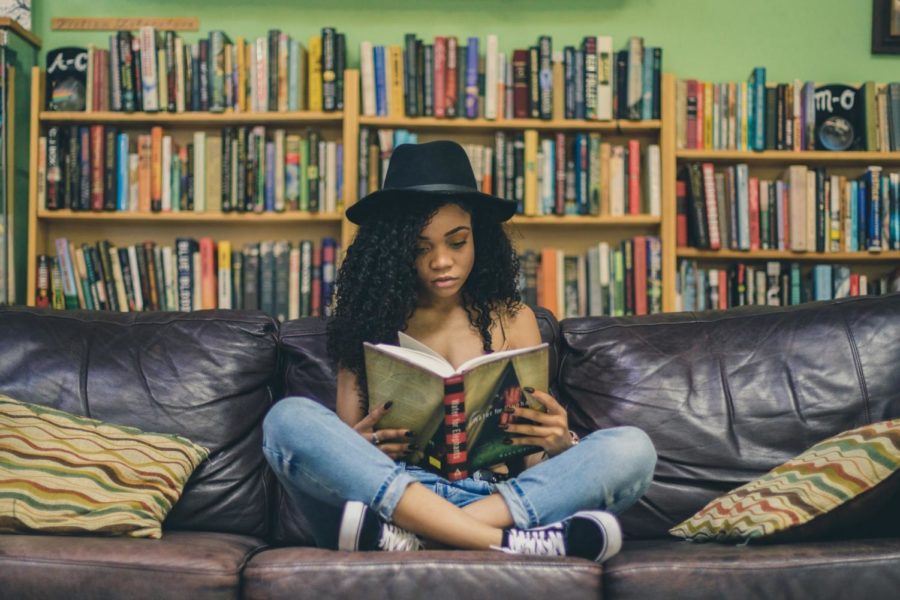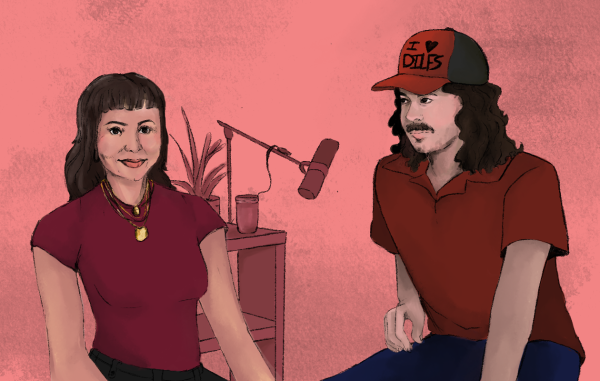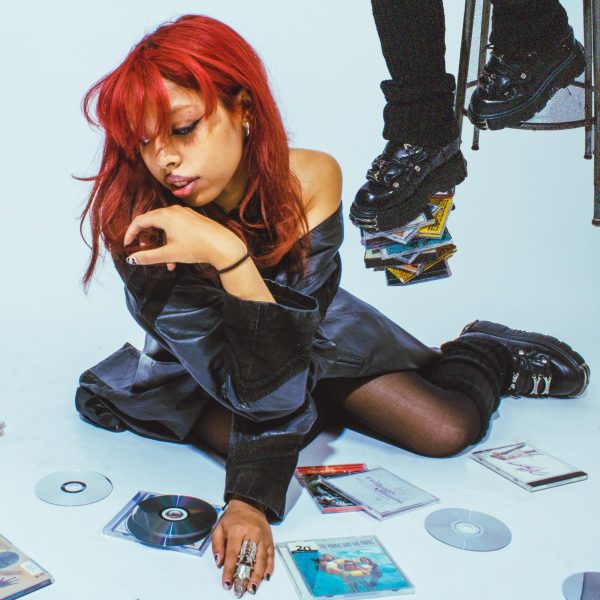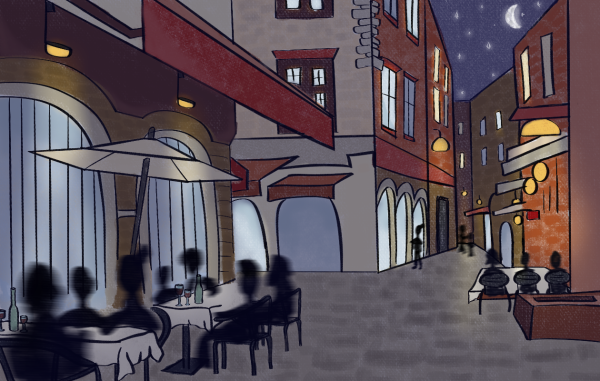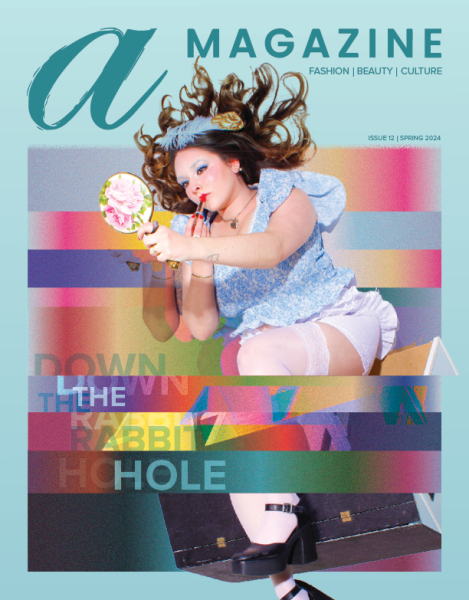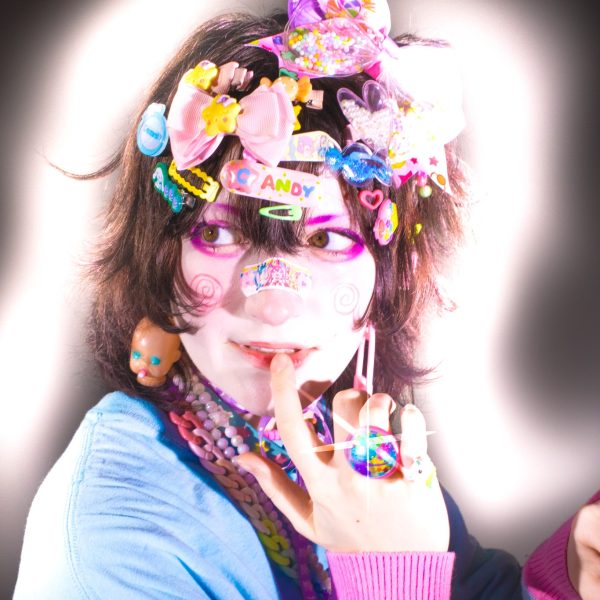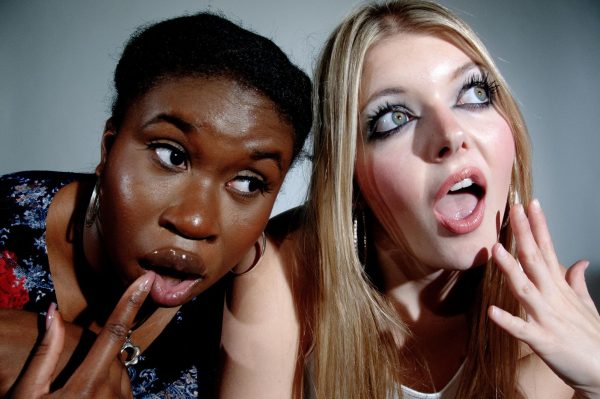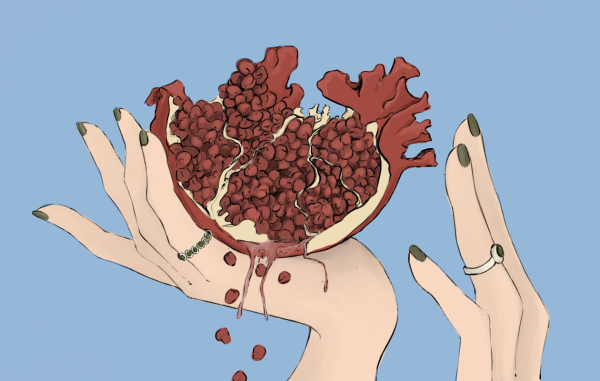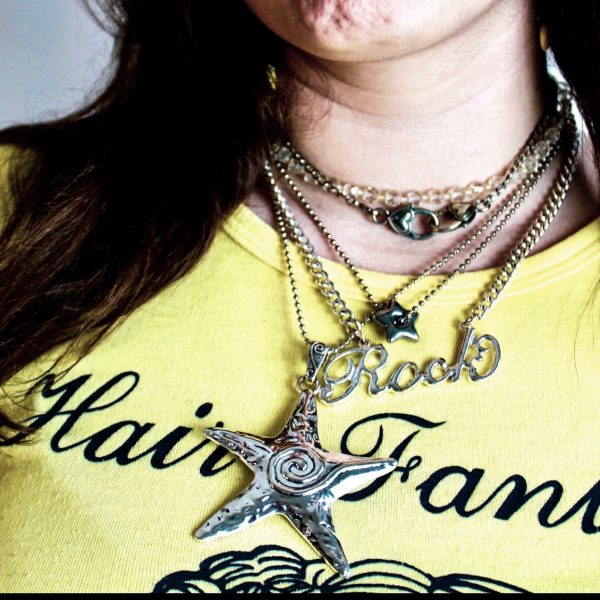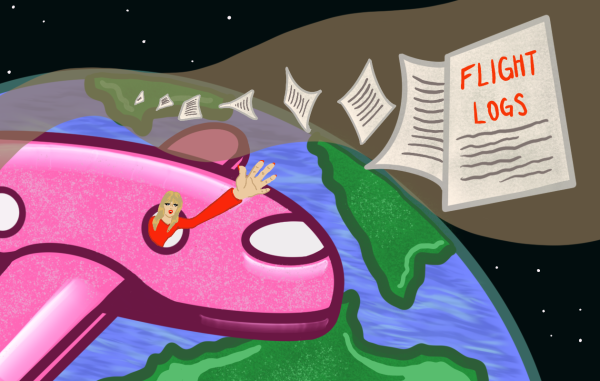the role of books in self-identity and representation
Harry Potter, Katniss Everdeen, Percy Jackson, Hermione Granger. Almost everyone knows these characters, but only a minority feel represented by them. While they can teach children and adults powerful lessons, they “remove a whole group of people from literature.”
Books are more than entertainment. They can be tools for social change, teach life lessons and store the history of humanity. Books give humans knowledge about almost any area and help readers develop skills and perspectives different from their own. Fiction and non-fiction books are powerful instruments to influence people and how they view themselves and the world around them. Even children’s books help kids develop their sense of identity and embrace other cultures, but if they do not see enough representation, they might exclude others.
Unfortunately, children’s books had less than 15% of minority portrayals in the last 20 years. Hence, children who belong to marginalized cultures will not feel represented in books, while more privileged kids will see a distorted depiction of the world that lacks diversity. Books with representation can often include harmful stereotypes or are imprecise with their depiction of minority groups. But minorities have the right to see their identities reflected in characters, especially main characters, not only in secondary roles.
I spoke with Hannah May, 18, from the U.K.; Leticia Rossi, 19, from Brazil; and Kimberly Nwokorie, 22, from the US, about the lack of diversity in the book industry and how books with representation can connect to their identities. Rossi’s interview was translated from Portuguese to English.
Did you see enough representation and inclusion in the book industry when you were a child? Has this changed in the past few years?
“Growing up, I was an avid reader, but I did not see much representation in the books I read,” May said. “Although it did not really bother me at the time because I guess it was just something I was used to, unfortunately. Now that I am older, I can see a change in the book industry as more diverse characters are included in books, which makes me so happy.”
Even if more diverse characters have been introduced in the past years, the book industry still needs to be more inclusive. In 2019, only 3.4% of main characters from children’s books were disabled, even though one in four Americans have disabilities. Hence, the need to expand inclusion and representation beyond racial and ethnic identities.
“When I was a child, my readings were about princesses and a comic book known as ‘Monica’s Gang’,” Rossi said. “At that time, representation for the LGBTQIA+ community was almost nonexistent, but this comic book was one of the few readings where I saw it.”
“Definitely not. It has changed a lot in the last couple of years,” Nwokorie said. “I absolutely love the growth of the scene in representation and inclusion in the book industry. And I would love to see a girl, especially when it comes to authors.”
What book or books do you recommend with diverse characters that connect with your own identity? Has the existence of these characters made you feel a certain way?
Hannah May: “I definitely recommend ‘The Hoops Trilogy’ by Kennedy Ryan. It was the first time I fully felt represented in a book and 100% related to the characters, especially with one of the main characters being mixed race like me. I felt super emotional while reading because I did not think it was possible to relate to characters that much, but I am so glad that books like these exist, and it made me want to read more books like that. I recommend checking trigger warnings before reading this series, as it deals with some serious topics.”
Leticia Rossi: “‘Querida Penelope’ (Dear Penelope) by Arquelana was a book I felt represented since the main character, Cleo, is pansexual and demisexual. It made me cry while I read it because I completely identified with Cleo and her thoughts. I felt the same way when I read the short story ‘Constelação’ (Constellation) by Malu Costacurta. The main character was also demisexual and loved reading, just like me. It made me feel inside the story. Both books helped me understand my demisexuality and myself.”
Kimberly Nwokorie: “Books I would recommend with diverse characters that connect with my own identity, would definitely be ‘Legendborn’ by Tracy Deonn or ‘Terms and Conditions’ by Lauren Asher. I think both of the lead black girls in the story. I personally believe two on other levels, and they just speak to me.”
Why is it important for people to feel represented in the book industry? In your opinion, what can authors do to be more inclusive?
“It is so important to feel represented in the book industry. Because when I read, I want the books I am reading to be as realistic as possible, and if every single character in a book is White that is not a true representation of the real world,” May said. “I think authors need to try their best to include more POC characters in their books, and when they do, research how to accurately represent them.”
“I believe everyone loves to, and I know I do, reading a story in which the character defines you,” Rossi said. “Reading something you feel was inspired by your life makes your reading experience even better and more realistic. I think something important is to understand that in our current world individuals are more open to being who they are and understanding themselves. Also, people seek to read stories they can identify with. Thus, the market will benefit from having more diverse characters, but with caution to avoid stereotypes”
Therefore, it is not only advantageous for consumers, but also authors and publishers to be more inclusive and have more representation in their stories. By reaching a larger audience they spread a positive message and gain more readers who want to identify with the characters. When they all look the same, only a part of the population is represented.
“I feel like it is very important for people to be represented in the book industry because it is vital to see yourself in the media and know that other people relate with you, you are seen and relevant, your story matters, and everything in between,” Nwokorie said. “Period. In my opinion, authors can be more inclusive by obviously writing more diversely or promoting and uplifting authors of color and Black authors, as well as just donating and being publicly vocal about marginalized communities.”
Thus, books connect with who we are and how we see ourselves. When we do not see enough representation, it can negatively impact our self-esteem and our sense of identity. The real world does not have one race, sexual orientation, religion or any other identity, and books should reflect it, even if they are fictional. Otherwise, they are sending the wrong messages to their readers, and it can potentially diminish sales and consumer satisfaction.
Kids want to see their image reflected as the hero of the story to be the hero of their lives too. Teenagers want to see the main character looking like them, not a secondary character who only appeared for half a chapter. Adults need to see representation and inclusion to reproduce it in their real lives. Books need to reflect who we are, who we all are and not just a percentage of the population.
Representation acknowledges and validates minorities by giving them a space, whether it be in runways, campaigns or books. Diversity in literature lets people grasp the perspective of someone else and see the world through their eyes, which can increase empathy. Besides, if kids are not exposed to different identities, they might feel excluded from society or believe in stereotypes reinforced by books. Also, it impacts diversity in castings for book-to-movie adaptations. Hence, diversity and inclusion should always be considered, particularly in literature.
Support Student Media
Hi! I’m Catie Pusateri, A Magazine’s editor-in-chief. My staff and I are committed to bringing you the most important and entertaining news from the realms of fashion, beauty and culture. We are full-time students and hard-working journalists. While we get support from the student media fee and earned revenue such as advertising, both of those continue to decline. Your generous gift of any amount will help enhance our student experience as we grow into working professionals. Please go here to donate to A Magazine.

